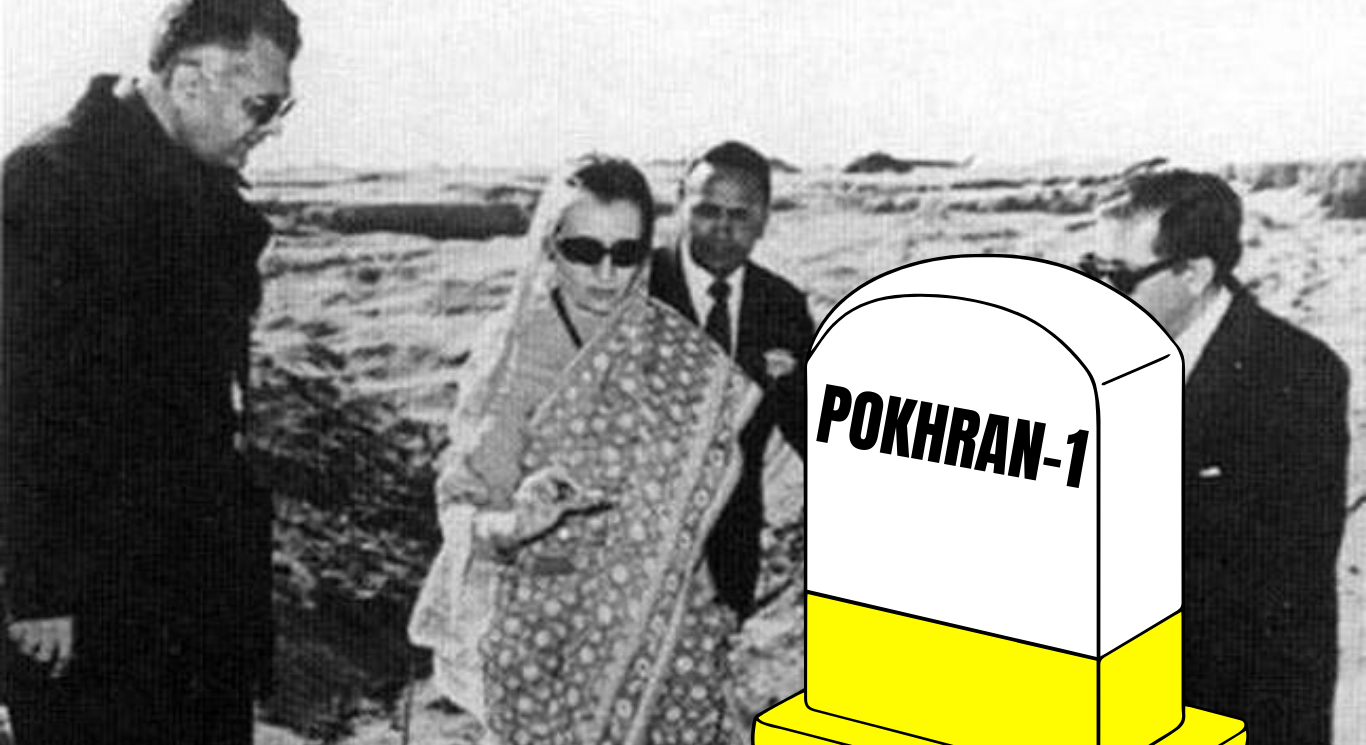



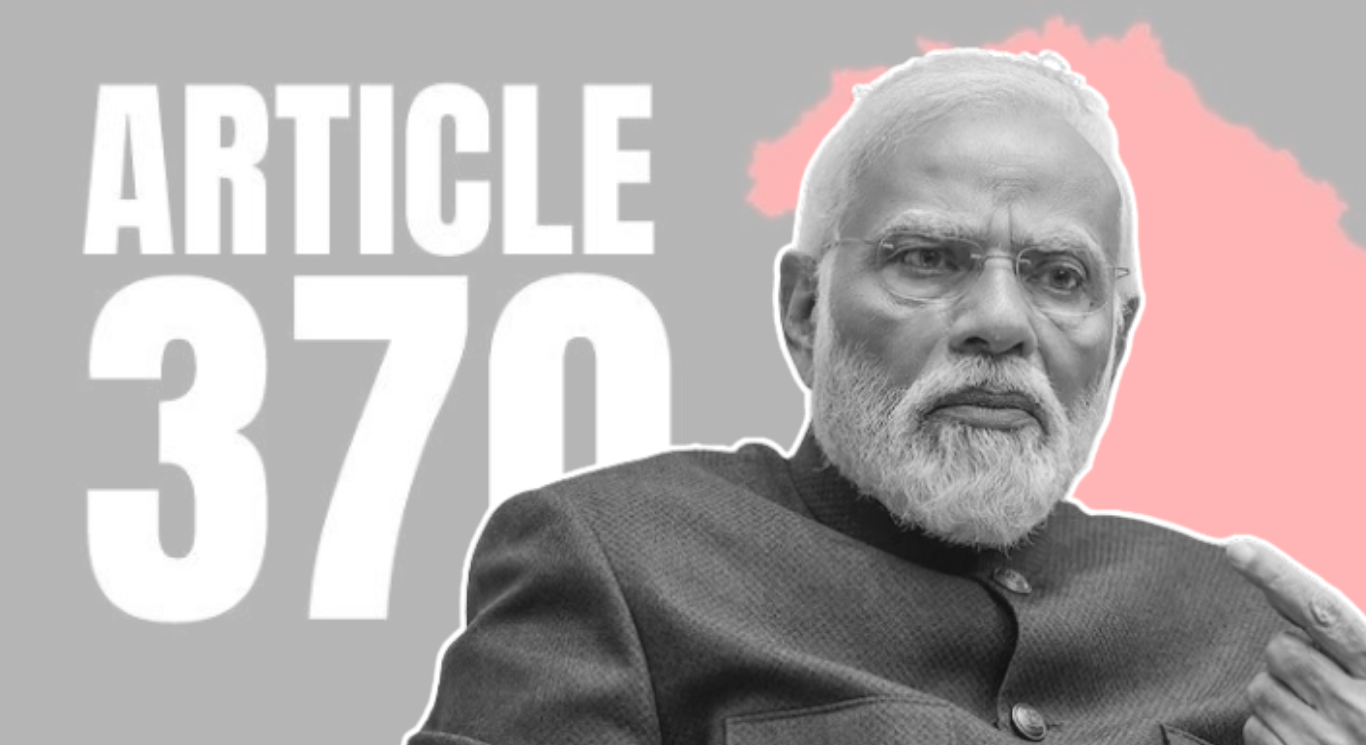

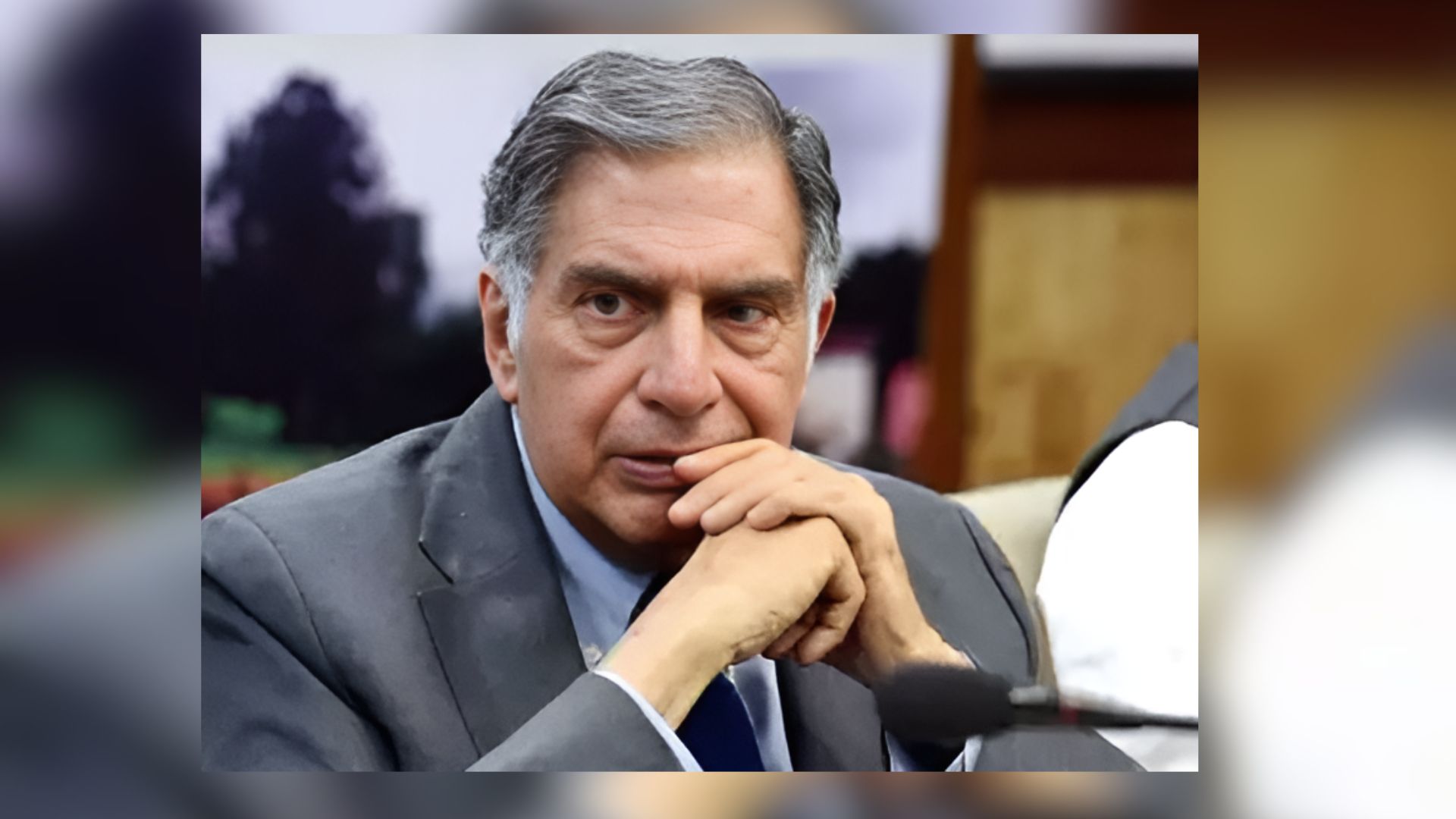
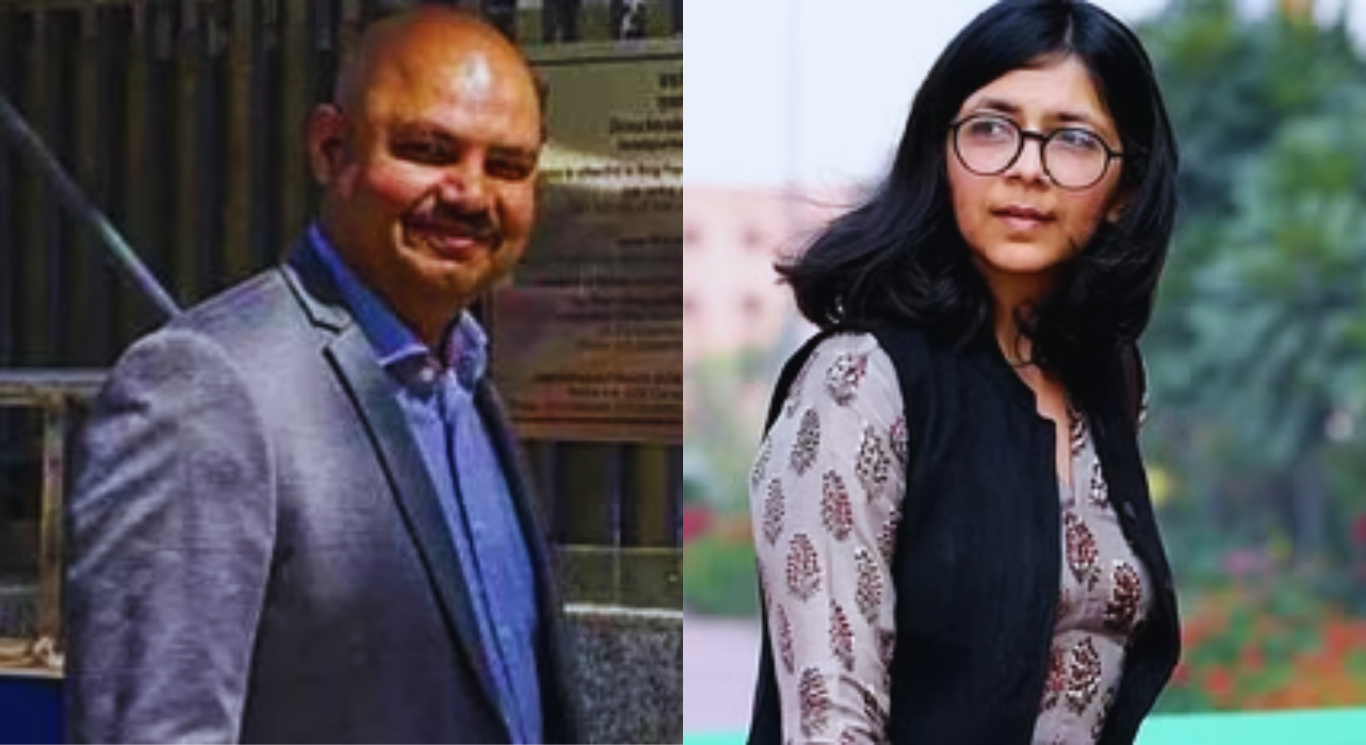

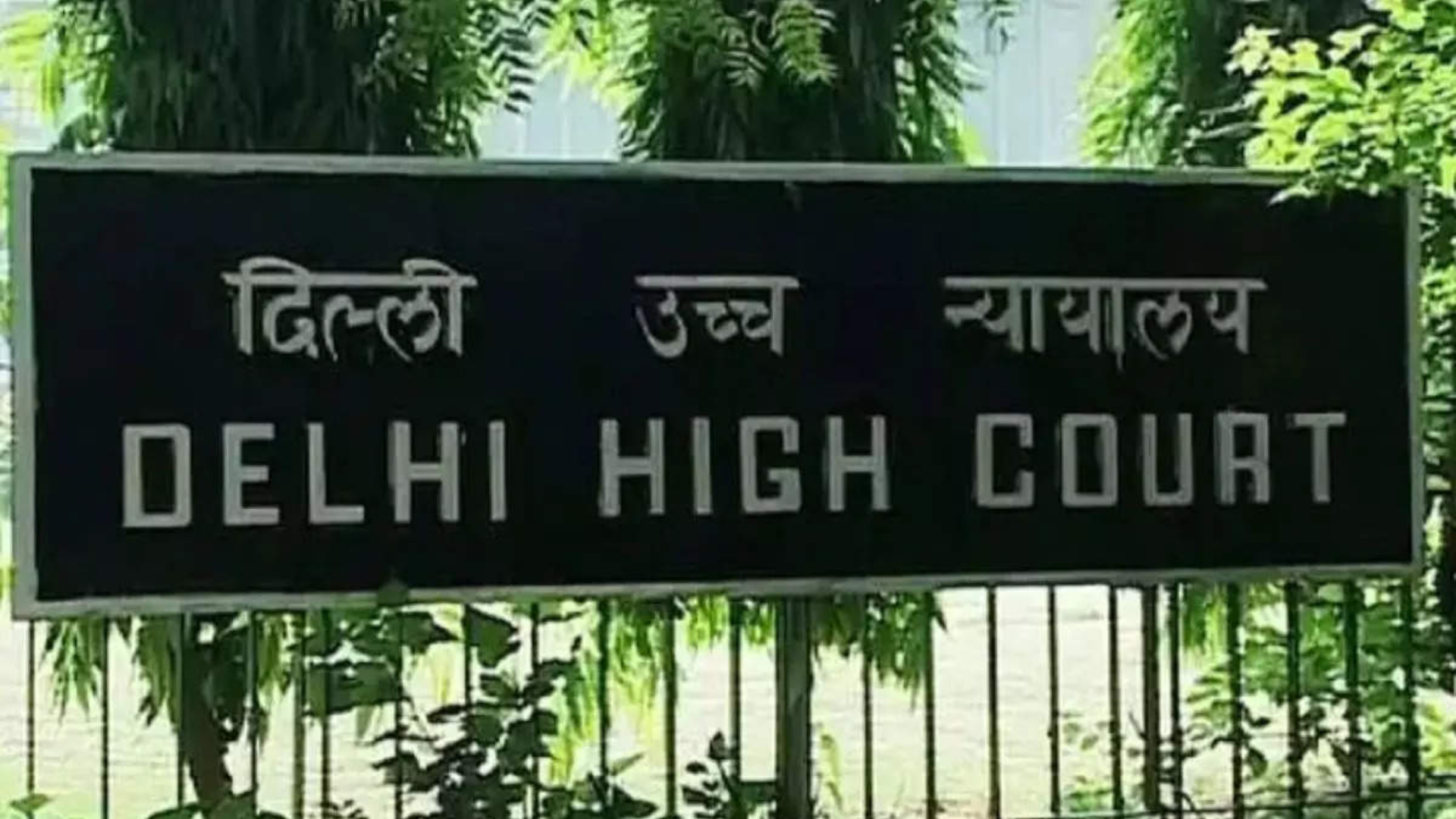
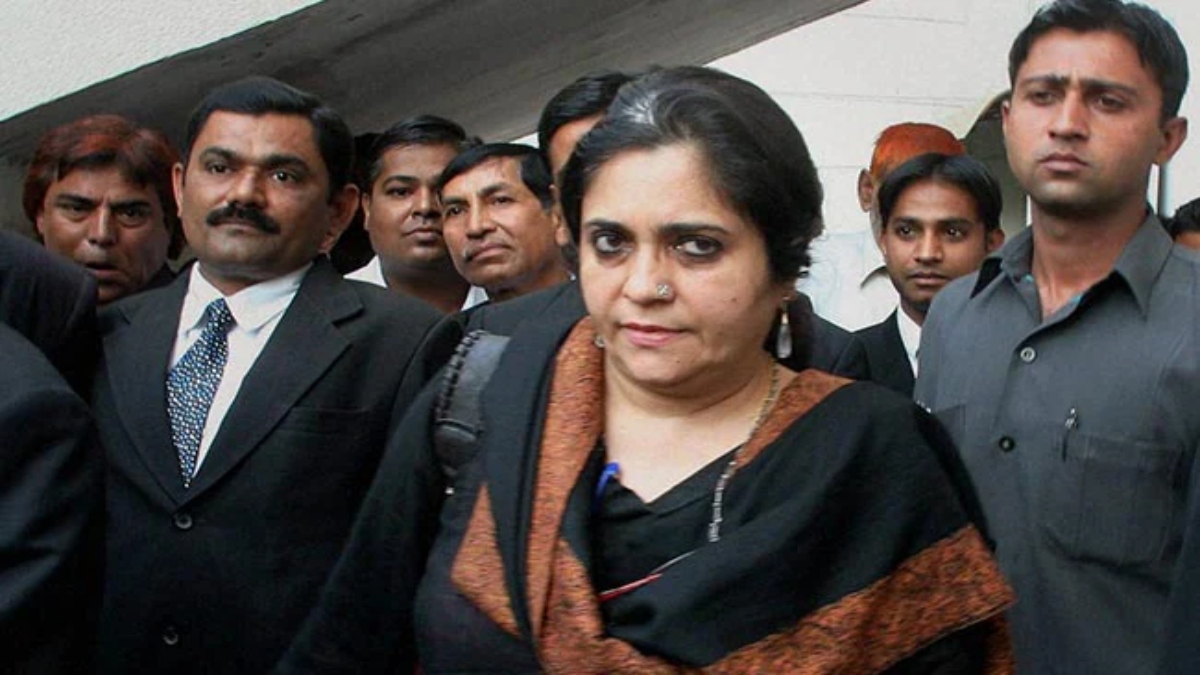
The Gujarat High Court had given notice to right-wing activist Teesta Setalvad’s petition on August 3 but had scheduled a follow-up hearing for September 19 six weeks later. The Supreme Court objected to this action on Thursday.
Give us a case where a woman is being held without bond on accusations similar to these, and the High Court has set a date for a hearing after six weeks,” a bench consisting of Chief Justice UU Lalit, Justice S Ravindra Bhat, and Justice Sudhanshu Dhulia commanded the Gujarati attorney general. What is the typical pattern in these types of bail cases?
CJI also questioned the Solicitor General on whether this was Gujarat High Court custom.
“Give us examples of times when women accused in such circumstances received dates from the High Court. It’s possible that this woman is an exception. How is this deadline set by the court? Is this Gujarat normal practise?” the bench asked.
Ladies or gentlemen, the dates are the same, SG Mehta retorted. “No lady has committed such type of offences,” he continued.
After SG insisted that he wanted to make additional arguments in the case, the bench that was leaning toward granting temporary bail to Setalvad today announced that it will hear this matter tomorrow at 2 pm.
In a case where she was detained for allegedly falsifying documents to incriminate innocent persons in the 2002 Gujarat riots proceedings, the top court was considering Setalvad’s appeal for interim relief.
The Chief Justice of India (CJI) stated during the hearing that there are “four or five features that bother us,” including the fact that Setalvad has been in custody for more than two months, the fact that the FIR was filed the very day after the Supreme Court dismissed Zakia Jafri’s case, and the fact that the FIR does not contain many details other than the observations made by the top court.
“In this scenario, there is no offence that has a restriction barring the granting of bail, such as UAPA or POTA. These are typical IPC infractions. These are violations of court-filed paperwork; they do not involve physical harm. After the initial term of police custody, there is typically no restriction on the investigators conducting an inquiry without custody in these cases. in addition to all of that, she is a woman. The CJI, who was inclined to grant interim release to Setalvad, observed, “If I issue an interim bail and set the matter for September 19…
I would argue that it is more serious than a murder case,” SG said to the bench in opposition to the plea.
Prior to this, the top court filed an affidavit in which it informed the top court that Setalvad was strongly accused of some of the most serious crimes, including criminal conspiracy and the fabrication of false evidence with the express purpose of convicting multiple defendants for the death penalty during the Gujarat riots of 2002.
According to the affidavit of the Gujarat government, the FIR against Setalvad for fabricating evidence connected to the riots is supported by evidence and is not just based on a ruling from a high court.
The affidavit claimed that deliberate attempts were taken to guarantee that all evidence, both oral and otherwise, was falsified.
Setalvad filed an appeal with the Supreme Court of India against the Gujarat High Court’s ruling dated August 3 that gave the Special Investigation Team (SIT) a deadline of September 19 to respond to bail requests made by Setalvad and former Gujarat Director General of Police (DGP) RB Sreekumar.
After having their bail requests denied by the Ahmedabad City Sessions Court, Setalvad and Sreekumar went to the High Court.
Setalvad and Sreekumar were denied bail on July 30 by the Ahmedabad Sessions Court, which noted that the accused appeared to have intended to “destabilise” the Gujarat government and disparage the state for their own purposes.
On the basis of a First Information Report (FIR) filed against them according to sections 468 (forgery for cheating) and 194 (fabricating false evidence with purpose to get conviction for death offences) of the Indian Penal Code, they were detained by the Ahmedabad Police Crime Branch on June 25.
According to the SIT established to look into the case, Setalvad and Sreekumar participated in a larger plot to topple the Bharatiya Janata Party (BJP) government at the time it was headed by Narendra Modi, who was the Gujarat Chief Minister at the time, at the behest of the late Congress leader Ahmed Patel.
Sanjiv Bhatt, a former member of the IPS, is also charged in the matter.
Following the Supreme Court’s dismissal of Zakia Jafri’s petition, the widow of former Congress MP Ehsan Jafri, contesting the SIT’s exoneration of Prime Minister Narendra Modi and several others in the 2002 Gujarat riots, the FIR was filed against Setalvad, Sreekumar, and Bhatt.
On February 28, 2002, when there was unrest at the Gulberg Society in Ahmedabad, 69 people were killed, including Ehsan Jafri. 64 individuals, including Narendra Modi, who was the Chief Minister of Gujarat during the riots in the State, have been named in Zakia Jafri’s challenge against the SIT’s clean chit.
She had claimed that the post-Godhra event riots were the result of a “bigger conspiracy.”
The SIT before the top court disagreed with Jafri’s argument, claiming that the original complaint by Jafri was directed by Teesta Setalvad, who made accusations merely to keep the controversy going, and that there is a diabolical plot to investigate the “bigger conspiracy” behind the 2002 Gujarat riots.
Read more: Kejriwal slams Gujarat Govt for drug smuggling in state








